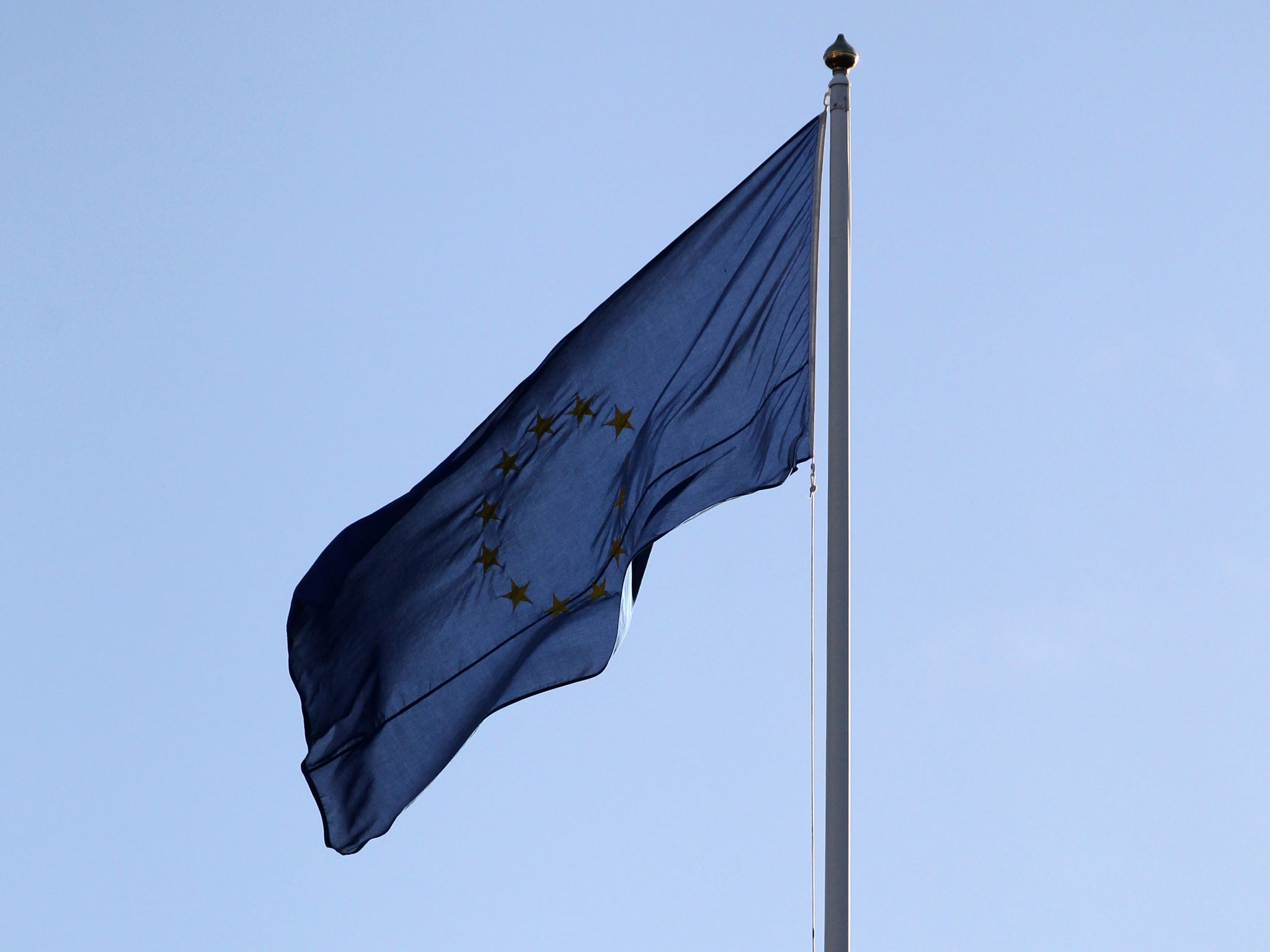Let's imagine the UK votes to leave the EU. What happens next?
It’s a realistic prospect, and now brilliant young diplomat Iain Mansfield has come up with the answer


Your support helps us to tell the story
From reproductive rights to climate change to Big Tech, The Independent is on the ground when the story is developing. Whether it's investigating the financials of Elon Musk's pro-Trump PAC or producing our latest documentary, 'The A Word', which shines a light on the American women fighting for reproductive rights, we know how important it is to parse out the facts from the messaging.
At such a critical moment in US history, we need reporters on the ground. Your donation allows us to keep sending journalists to speak to both sides of the story.
The Independent is trusted by Americans across the entire political spectrum. And unlike many other quality news outlets, we choose not to lock Americans out of our reporting and analysis with paywalls. We believe quality journalism should be available to everyone, paid for by those who can afford it.
Your support makes all the difference.Imagine that Britain had voted in a referendum earlier this week to leave the European Union. This would mean that Britain would cease to be a full member in two years’ time – April 2016. Difficult and complex negotiations would have to have been completed by then to establish the terms for withdrawal.
How might that work out in practice? This is the question that the Institute of Economic Affairs turned into a prize competition: entrants were invited to compose a blueprint for Britain outside the EU, covering the process of withdrawal and what should happen afterwards. The judges, themselves genuinely distinguished, were chaired by the successful former Chancellor of the Exchequer, Lord Lawson.
The tone of the winning essay by the 30-year-old Iain Mansfield, who works in the UK’s embassy in the Philippines as Director of Trade and Investment, is well conveyed by its title – “A Blueprint for Britain: Openness not Isolation”. In other words, this is not the work of some gnarled anti-EU warrior of limited vision, but of a clever young man who knows something about the art of the possible in international trade negotiations.
Mr Mansfield rightly argues that the greatest economic priority would be to ensure that zero tariffs were maintained on trade between the UK and the EU in all areas other than agriculture. Failure would be a serious matter. If Britain found itself on the wrong side of a tariff wall, not only would our substantial export trade with Europe suffer, but also foreign businesses would see little point in investing here.
If this unpleasant scenario appears implausible, remember that the European Commission and the European Parliament would be hostile, fearing as they would a diminution in their power. And as Mr. Mansfield points out, some European nations would see British withdrawal as a betrayal and would want to ensure that a sufficient example is made of the UK to deter others. There would also remain the risk that a large member state, say France, would block the UK from enjoying a preferential trading arrangement, in effect repeating General de Gaulle’s notorious “Non” to British entry of more than 50 years ago.
To see one’s way through this problem, it is best to start by cataloguing Britain’s strengths. We are the sixth largest economy in the world. We have a high place in all the international organisations that count – as a permanent member of the UN Security Council, as a substantial contributor of military resources to Nato, and as a leading member of the various bodies that bring together the world’s largest economies.
Having puffed out our chest, the next step would be to get real. That means that we would have to accept some EU regulations in return for free access to the single market. That is implicit in the nature of markets: their efficient working depends upon abiding by fair-trade rules. This shouldn’t mean, though, accepting regulation on purely internal matters such as working hours, hygiene requirements for domestic restaurants, or regulations for women on boards.
But there are other concessions that we should be ready to make, such as continuing to pay the UK’s budget contributions to the end of the budget period and making good arrangements for EU workers currently residing in the UK.
Equally, we should not turn our back on Europe. We should look to build up strong bilateral relations. In international affairs, for instance, Britain agrees with France more than with any other nation. We should also actively engage with business organisations across Europe to make the case for an open trade settlement. They would probably support us.
These are some of the factors that leads Mr. Mansfield to argue that “if handled correctly”, the UK could be confident of achieving a positive result from the exit negotiations. “If handled correctly” – this is the final and perhaps most important factor. For the exit negotiations would be so significant, and would depend so much upon such goodwill as Britain enjoys, that only the personal leadership of the prime minister of the day could bring success. For two years it would dominate his or her period of office. It would be a European campaign that if carried out successfully would earn a place in the history books.
What in their time Marlborough, Wellington and Churchill achieved by force of arms would now have to be won through the deployment of soft power. But do any of the current leaders of the political parties have the skills to carry off a well-managed exit? I have my doubts.
a.whittamsmith@independent.co.uk
Join our commenting forum
Join thought-provoking conversations, follow other Independent readers and see their replies
Comments